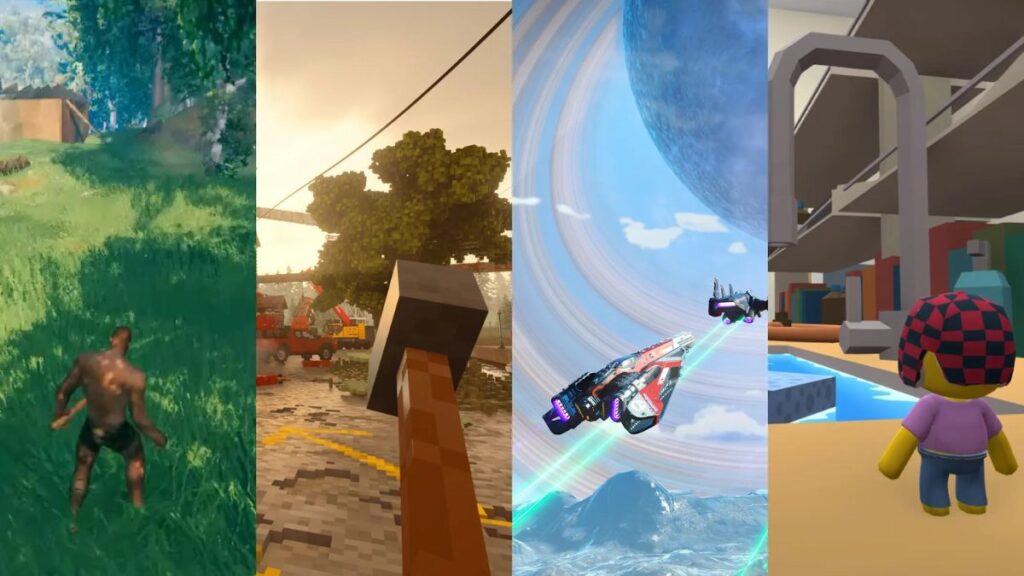Google DeepMind on Wednesday introduced its own artificial intelligence (AI) model that can play 3D video games just like humans. This AI model is called a Scalable Instructable Multiworld Agent (SIMA) and is learning how to interact with different game environments and perform different tasks. This model is currently under research and is still being trained to build expertise to perform more complex movements. Google says that once the AI model is perfected, it will enable a wide range of use cases both online and in the real world.
In a blog post, DeepMind's SIMA team explained that the AI model was not developed to be a super-intelligent gamer who can beat any game. Instead, he aims to teach you how to move through 3D games in open-world situations and understand how humans react and interact using natural language instructions. Google emphasizes that this is a very difficult task and one that should be focused on.
“This is an important goal for AI in general, because while large-scale language models have given rise to powerful systems that can acquire knowledge about the world and generate plans, we currently lack the ability to take action on our behalf. ,” the SIMA team said. .
![]()
Tasks performed by the AI model SIMA
Photo courtesy of Google DeepMind
To create a learning environment for AI models, Google DeepMind partnered with eight game studios to train SIMA on nine different video games. These include Hello Games' No Man's Sky, Tuxedo Labs' Teardown, and Coffee Stain Studios' Goat Simulator 3 and Valheim. In each game, the AI model was exposed to a new interactive world and had to learn to navigate within the world, interact with objects, use menus, and more.
The company also created four research environments, including a new environment built in Unity called Construction Lab. In this particular environment, the AI model was tasked with building a sculpture from building blocks to test object manipulation and intuitive understanding of the physical world.
Google highlighted that the current version of SIMA was evaluated across 600 basic skills, including navigation such as turning left and driving a car, and manipulating objects such as climbing a ladder and creating a helmet. Most of the tasks were simple and could be completed within 10 seconds.
According to the company, training AI models in a variety of 3D video games that follow human instructions and behave accordingly could have a huge impact in the future. The company is now focusing on SIMA training with more complex instructions that “require high-level strategic planning and multiple subtasks to complete, such as finding resources and building camps.” Google has hinted that these tasks may have real-world applications, and the company is working on finding ways to make it useful for humans.


